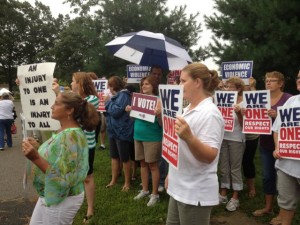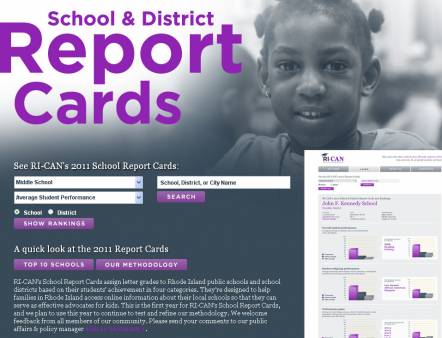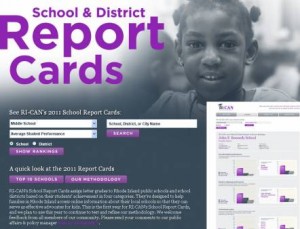 Despite decades of progress toward gender equality, in Rhode Island today gender-exclusive student events that are specifically held for girls or boys with the active support of elementary schools help to perpetuate blatant gender stereotypes. Almost invariably, the girls’ events, organized by parent-teacher groups and publicized by the schools, are dances, with another gender-stereotyped event, like a pajama party, occasionally taking their place. By contrast, and just as invariably, the events arranged for boys involve almost anything but dancing, are wide-ranging, and focus on purportedly male-friendly activities like sports and arcade games.
Despite decades of progress toward gender equality, in Rhode Island today gender-exclusive student events that are specifically held for girls or boys with the active support of elementary schools help to perpetuate blatant gender stereotypes. Almost invariably, the girls’ events, organized by parent-teacher groups and publicized by the schools, are dances, with another gender-stereotyped event, like a pajama party, occasionally taking their place. By contrast, and just as invariably, the events arranged for boys involve almost anything but dancing, are wide-ranging, and focus on purportedly male-friendly activities like sports and arcade games.
That’s the finding of a report issued by the American Civil Liberties Union of Rhode Island, based on a survey of 40 elementary schools in 16 school districts. The report, “Girls Just Wanna Darn Socks,” states that the schools’ promotion of these parent teacher association (PTA) and parent teacher organization (PTO) activities reinforces outdated stereotypes of gender roles in Rhode Island’s youngest residents.
“Rhode Island girls, routinely sent to dances, are fed the same tired stereotype that they must look pretty and be social, while boys are given access to magic and science shows and physical activities – their own and others – like PawSox games and trampoline parks,” the report stated. Through open records requests, the ACLU found that during the 2012-2013 and 2013-2014 school years, 80% of “girls’ events” at the 40 elementary schools studied were dances. The few other events held for girls generally encompassed pajama parties, yoga nights, and blanket sewing. The activities for boys, on the other hand, were much more diverse, and included attendance at baseball and hockey games, science and magic shows, and outings for laser tag, bowling, and arcade games.
Although these extracurricular activities are hosted by PTAs and PTOs, the ACLU’s investigation found that the schools regularly promote these events in various ways, through posting on school websites, use of school listservs, and by otherwise offering the parent-teacher groups special access to school resources to promote the events. The report argues that the use of these school resources to support such stereotypical and discriminatory events undermines Title IX, the landmark anti-discrimination law that has helped break down the barriers between girls’ and boys’ education over the past four decades.
Great progress has been made by women in education in the years since Title IX’s passage, but girls and women continue to be underrepresented in science, technology, engineering and mathematics (STEM) fields. By supporting these gender-exclusive events, the ACLU report argues, “Rhode Island’s schools, however unintentionally, support the sort of stereotyping that helped discourage girls from those fields for so long.”
The report concludes:
In the 21st Century, however, it should be simply unacceptable for public schools to be fostering the notion that girls belong at formal dances, yoga or sewing while boys should be offered baseball games, bowling and science. Not every girl today is interested in growing up to be Cinderella; many enjoy participating in and attending sports events and playing arcade games. Similarly, not every boy makes sports his obsessive pastime or cringes at the thought of going to a dance. Such gender-segregated programming – based on gender stereotypes about the talents, capacities and preferences of children – is harmful to boys and girls alike, and fails in any meaningful way to provide “reasonably comparable” experiences.
The report called on school equal opportunity officers to halt school support of these types of discriminatory extracurricular events, and instead discuss with PTO/PTAs the need to promote gender-inclusive activities. The ACLU also called on the state Department of Education to intervene by providing guidance to school districts on the illegal nature of their promotion of these gender-discriminatory activities. The General Assembly enacted a law in 2013 authorizing gender-exclusive extracurricular activities, but required them to be “reasonably comparable.” The ACLU and numerous women’s rights groups opposed the legislation.




